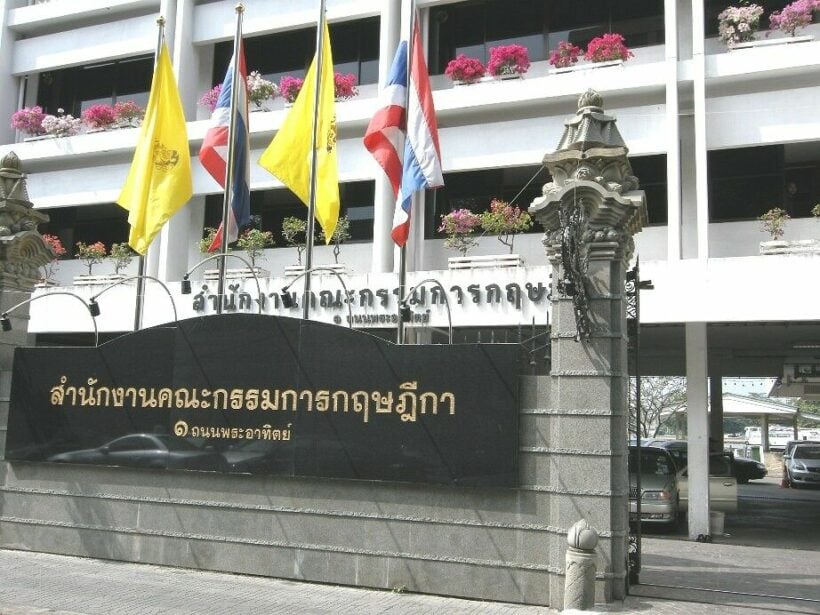New NGO law could target anti-governemnt activists

A controversial new NGO law was drafted with critics arguing it targets activists and the Thai government saying it ensures transparency. The Draft Act on the Operations of Not-for-Profit Organisations was written by the Office of the Council of State in February and debated in the second half of March, but could be passed into law soon. Human rights groups claim the law has provisions that would allow the Thai government to harass civil society groups and activism leaders by qualifying them as non-government organisations, or NGOs. The new law would require NGOs to re-register following new guidelines the government claims will cut down on dubious organisations claiming money but not working for the public interest.
The problem arises because the protests that have plagued the Thai government for that last year often receives backing from foreign groups. A statement from 3 UN Special Rapporteurs worried that the broad language of the law could restrict non-profits working for human rights, with a vague definition of what qualifies as an NGO potentially including any group and enforcing strict NGO regulations on them. Section 1 of the draft states a sweeping goal for the bill.
“[…]to regulate the operation of not-for-profit organizations in the Kingdom to ensure propriety, morality, openness, transparency, and the genuine serving of public and national interest without any hidden and fraudulent agenda.”
This broadness could be used to classify anti-government groups as NGOs and then punish them with little legal recourse. Another section allows authorities to circumvent warrants and advance notice to enter organisations’ offices and copy their emails or other sensitive documents. Equally worrisome are the harsh penalties of up to 100,000 baht in fines and 5 years in jail for those who break the law.
The Union for Civil Liberty stressed that the heavy-handed punishments could dissuade organisations that benefit society by stifling non-profit organisations and prosecuting those that do not sufficiently meet the government’s demands. The Centre for the Protection of Children’s Rights Foundation noted that the NGO law had become much more extreme than the original drafted version. The Bangkok Post suspected the bill is intended to intimidate protest groups calling for democratic reform and rallying against the lese majeste laws.
“The bill will clip the wings of civic agencies that challenge unjust laws and law enforcement. The government must be open to scrutiny. If it practises good governance, there is no reason for concern and the new law should not be used in a dubious way.”
The law has not been enacted yet but is expected to go to parliament later this month after a cabinet review.
SOURCE: Global Voices
Latest Thailand News
Follow The Thaiger on Google News:


























